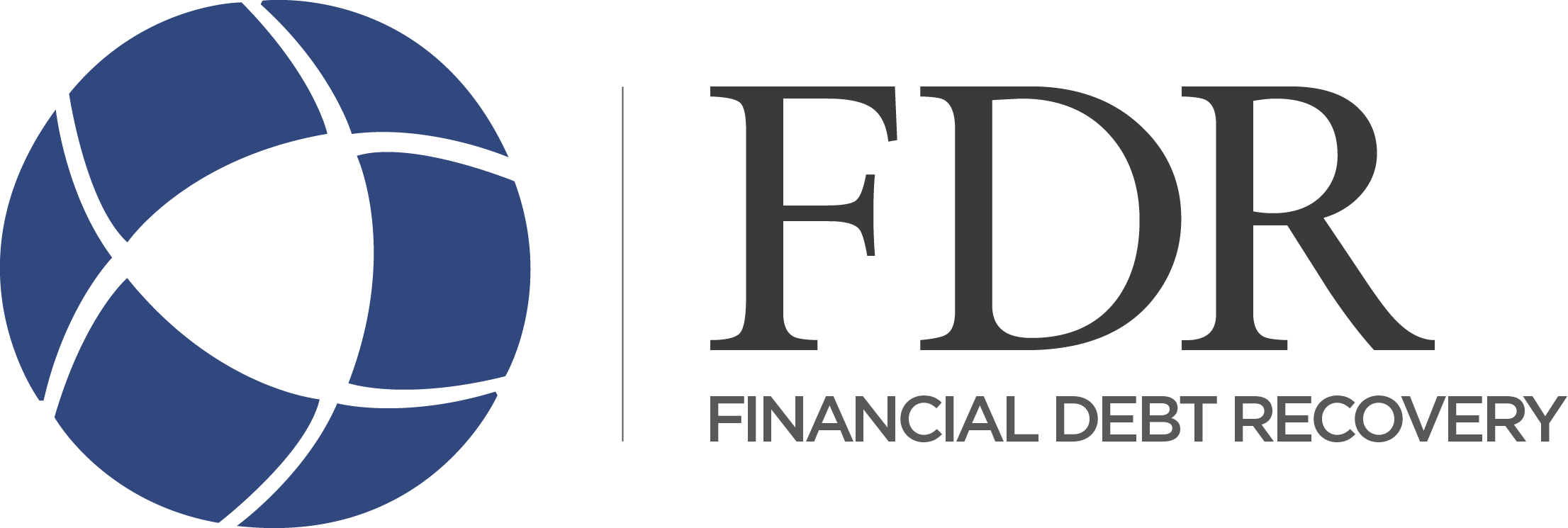FDR’s Sustainable Development Procurement guidelines are very similar to that of many of our clients which is a cost and investment process typically associated with public policy however it is equally applicable to the private sector.
FDR practices sustainable procurement and meets its needs for goods, services, and utilities and works not on a private cost-benefit analysis, but with a view to maximizing net benefits for themselves and the wider world.
FDR – in doing so must incorporate outside costs when considering decisions when we work alongside the conventional procurement criteria of price and quality, although in practice the sustainable impacts of FDR’s approach are usually assessed as a form of quality consideration.





